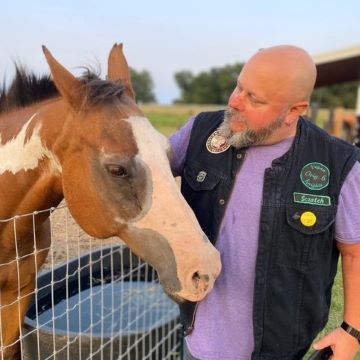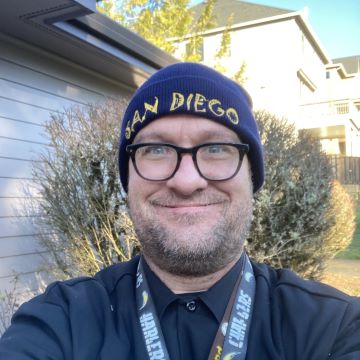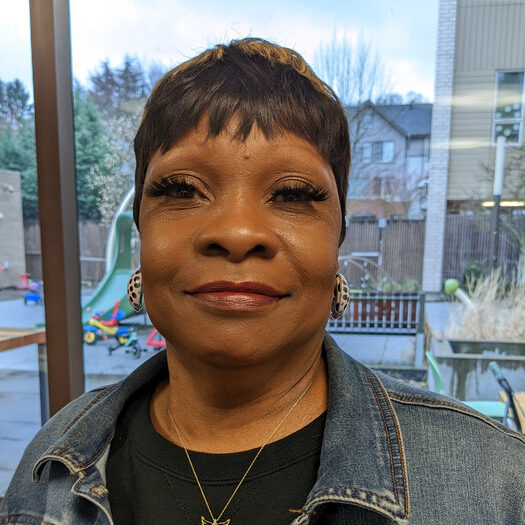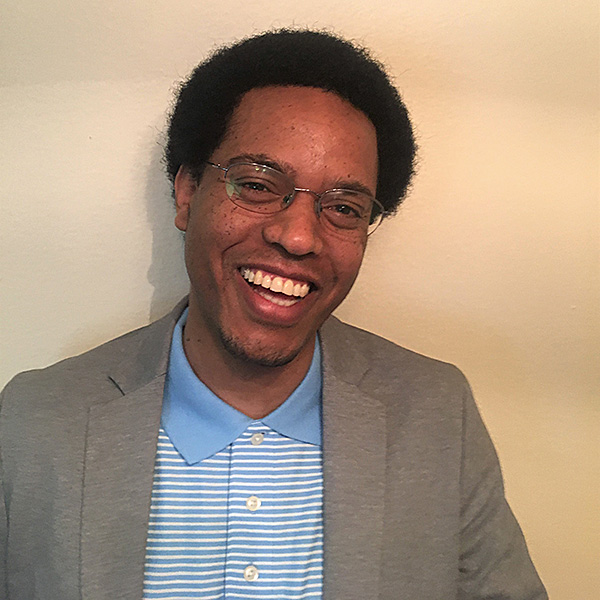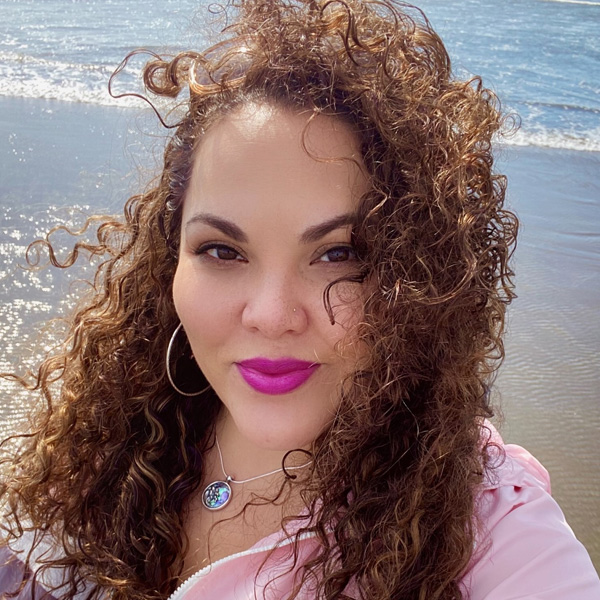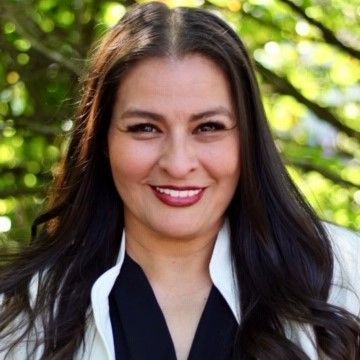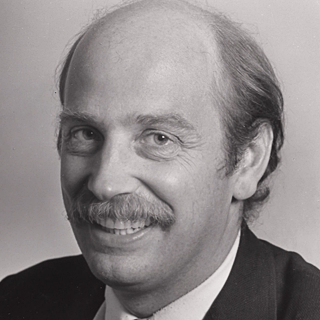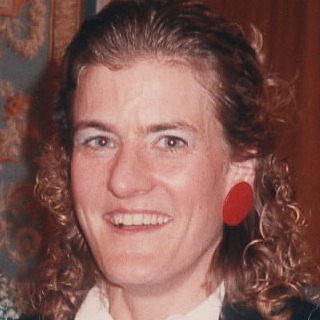Learn more about our workplace culture, benefits, and open positions.
Life at LifeWorks NW
Black History Hero: Tesfaye
Feb 9, 2024
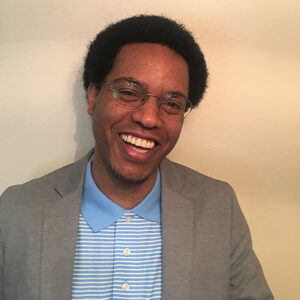
One of LifeWorks NW’s Black History Month Behavioral Health Heroes is Tesfaye. Tesfaye is Clinical Supervisor for our Recovery Empowerment Achievement in Life (REAL) program. REAL is a culturally focused program for Black adolescents seeking substance use disorder recovery and mental health therapy. Tesfaye has extensive knowledge of the concerns of Black youth and experience providing mental health and substance use related services for youths and families in various settings in Africa and the US. Prior to joining Lifeworks NW in May 2014, Tesfaye worked at Immigrant and Refugee Community Organization (IRCO) in Portland.
Tesfaye was born and raised in Ethiopia and has worked with youth and adults in his home country and in South Africa. He has been a researcher, educator, therapist, mentor, lecturer and an advocate for youth in the Juvenile Justice System. He has a BA in Psychology, a Master's in Clinical Psychology, and extensive post graduate education.
In his current position Tesfaye manages mental health and substance use treatment services for youths and families. Most of the youths he serves are on probation and parole. They also come from various alternative school settings and Portland Public Schools. Tesfaye also serves as a member of the Alternative Placement Committee (APC), which is a Multnomah County Juvenile Justice initiative to reduce the over-representation of African American youth in the juvenile justice system.
Tesfaye's voice and expertise in the areas of mental health and substance use serve to create awareness of the impact of epigenetics and ACEs on behavior in adolescents and young adults. Tesfaye's philosophical approach to treatment is holistic and Afro-centric. His great passion is bringing healing to people who have been through a traumatic experience. Tesfaye entered this field more than 20 years ago after he became aware of the lack of mental health treatment services in his home county. His lived experience, academic and professional life in South Africa informed his Afro-centric approaches.



